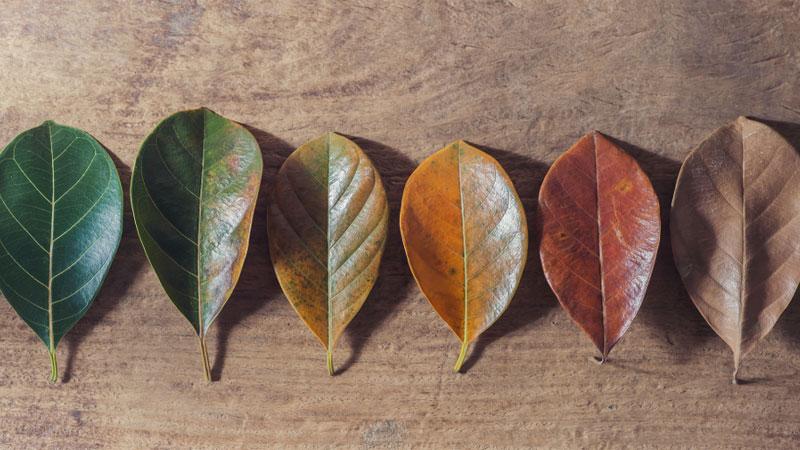Dr Stuart Thompson, Senior Lecturer in Plant Biochemistry at the University of Westminster, has written an article for The Conversation about why we may be seeing early signs of autumn as some UK trees are losing their leaves in July and August.

In the article, Thompson wrote: “Leaf fall is a carefully controlled process in which the junction between the leaf and the stem is precisely dissolved without damaging surrounding parts of the plant. Given this, you might think that it could only happen now if the trees and other plants are confused.”
He added: “But this is not the case. Instead, it is an emergency response to protect the plant from dehydration.”
Discussing the effect on ecosystems, Thompson explained that not all species lose their leaves to cope with lack of water, but most will have had to reduce or stop photosynthesis in one way or another. Without photosynthesis, ecosystems will shrink. Less photosynthesis means less plant growth and therefore less food for herbivores – and, in turn, fewer herbivores for carnivores to feed on.
“It will also affect UK food production unless water is diverted to farms to protect crops, a particular concern at present because of disruptions to grain supplies due to the war in Ukraine,” he wrote.
In his concluding remarks, he added: “Although drought-induced leaf fall may not be due to a jumbling of the seasons, climate change is disrupting ecosystems in other ways. Different species use different cues to calibrate their annual cycles and as the world warms, organisms are slipping out of sync as their individual interpretations of changing temperatures and weather patterns shift.
“This can easily disturb delicate networks of interactions and interdependencies. For example, plants may produce flowers at the wrong time for bees to pollinate them. Disruption of patterns of bird migration may mean that fruit-bearing plants have no way to spread their seeds. If they set off at the wrong time, migratory species may arrive at their destination to find they have missed a key food source, or that it isn’t available yet.”
Read the full article on The Conversation’s website.


